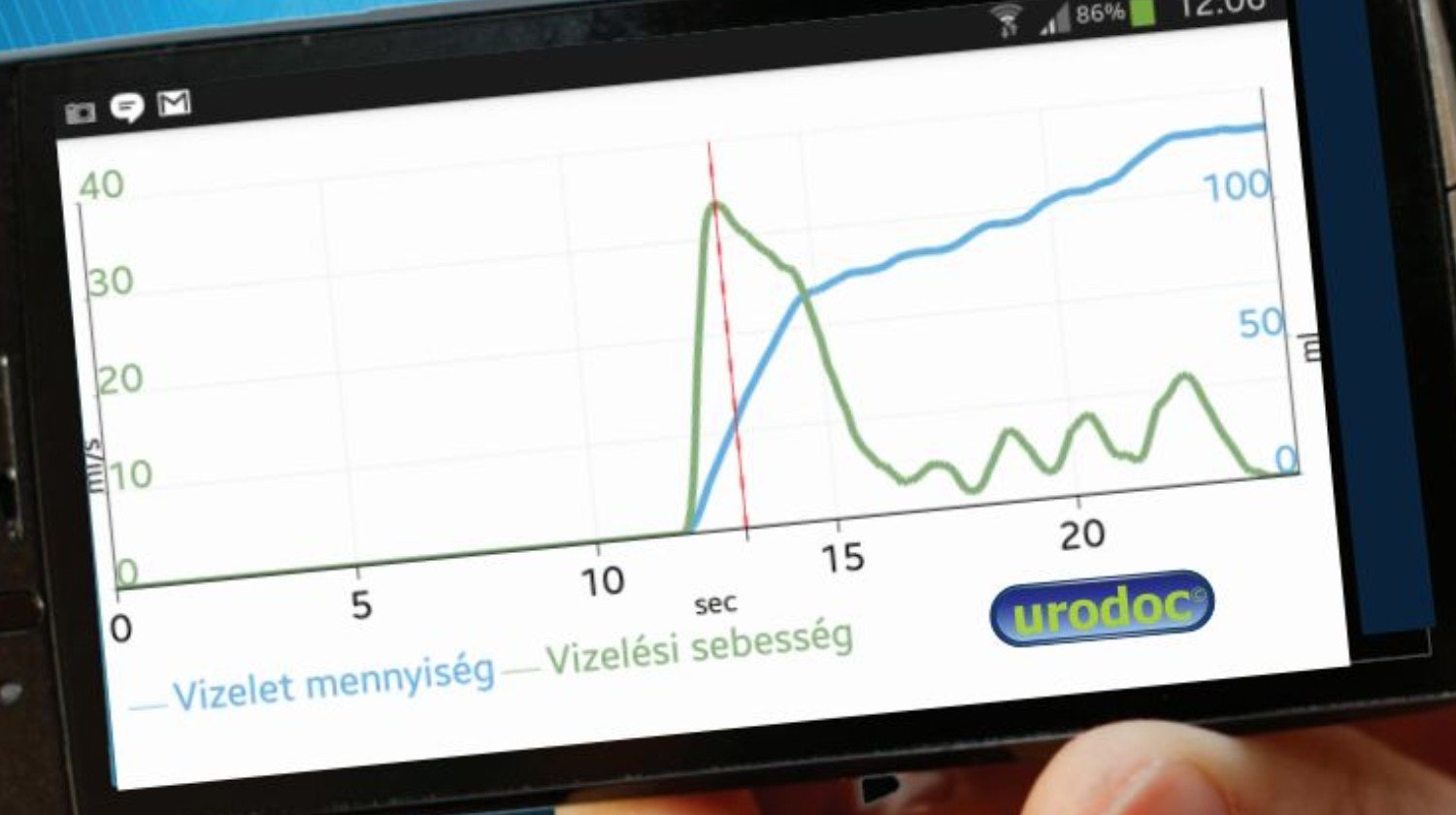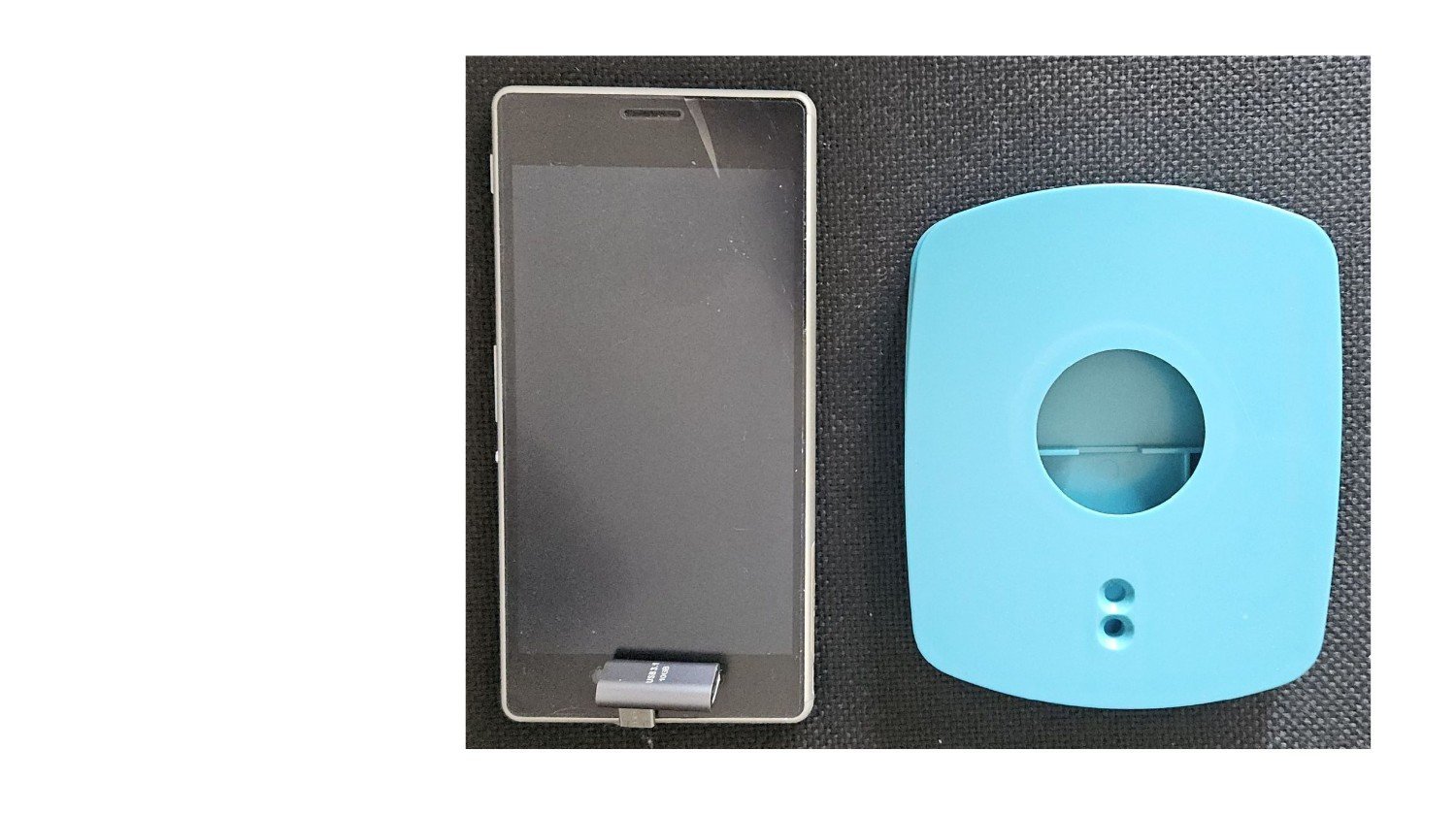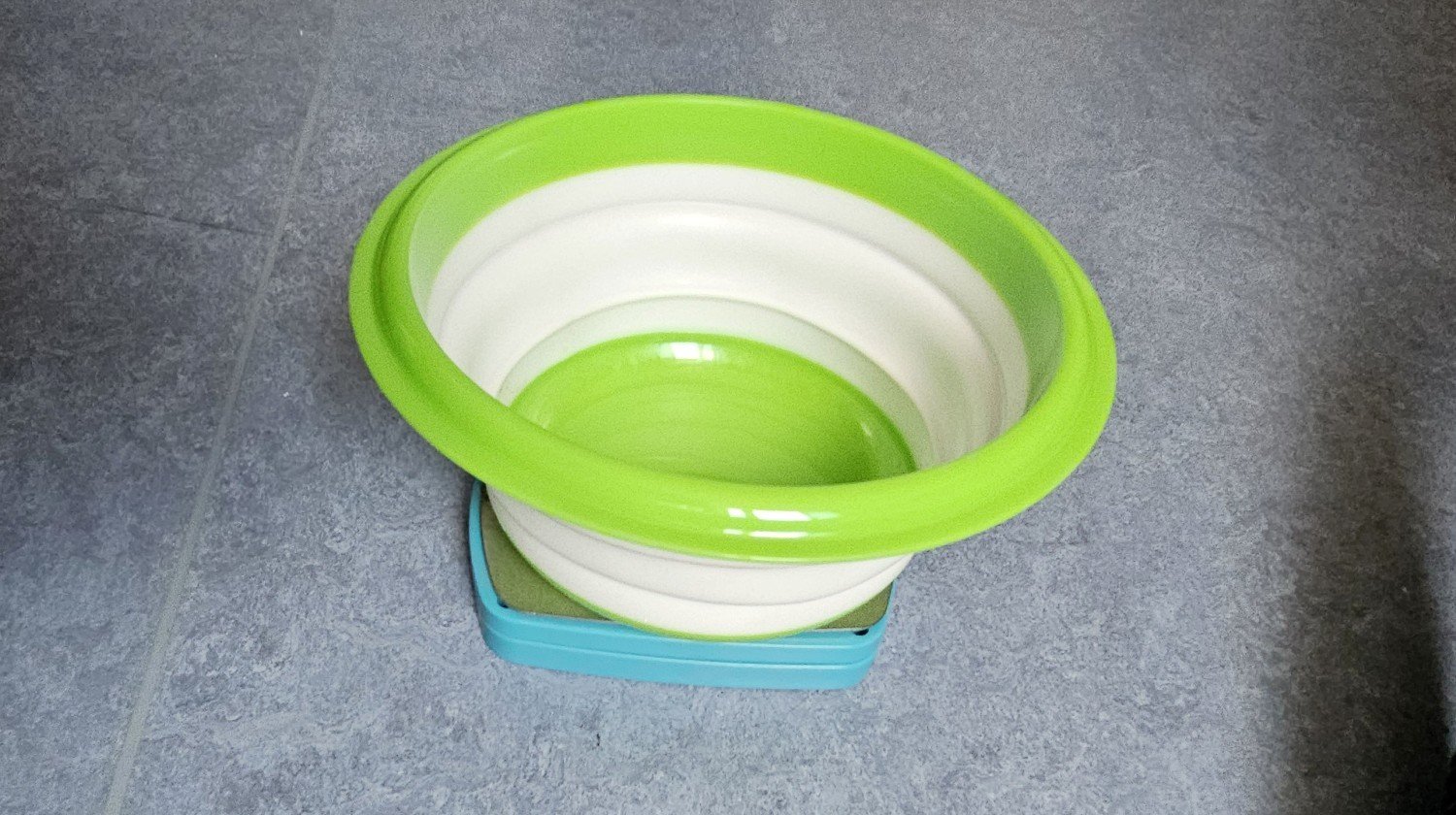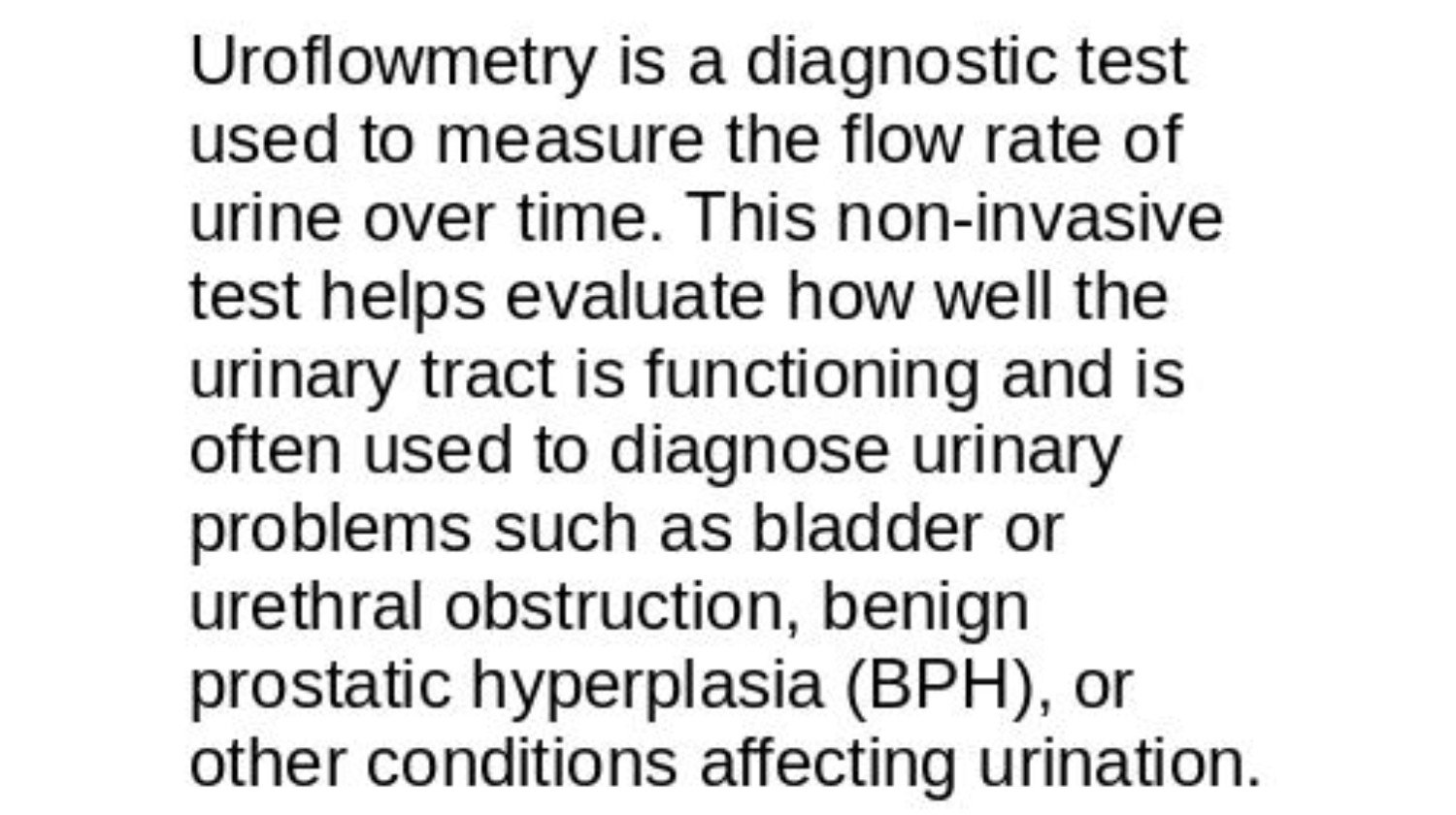Online measuring instrument -UROFLOWMETER- for BPS syndrome patient exact medicament dosage
Online measuring instrument -UROFLOWMETER- for BPS syndrome patient exact medicament dosage
Bugün ne i̇çi̇n bağiş toplayacaksiniz?
Güncellemeler1
-
Daha fazla bilgi edinin
https://www.nhs.uk/conditions/interstitial-cystitis/
Henüz yorum yok, ilk yorum yapan siz olun!

Güncellemeler ekleyin ve destekçileri kampanyanın ilerleyişi hakkında bilgilendirin.
Bu, bağış toplama etkinliğinizin güvenilirliğini ve bağışçı bağlılığını artıracaktır.
Açıklama
Many people is suffering of BPS, earlier called IC, Bladder Pain Syndrome.
It is estimated that between 3 to 8 million women in the U.S. are affected by BPS/IC.
Approximately 1 to 4 million men in the U.S. may also have BPS/IC, though it is often underdiagnosed in men due to similarities with other urological conditions like chronic prostatitis.
In Europe, it is estimated that around 1% of the population may suffer from BPS/IC. Given the population of Europe (approximately 748 million people), this suggests that around 7.5 million people might be affected.
There are several methods to treat this disease. One is a medicament instillation into the bladder to decrease the pain. A Hungarian urologist team worked out a procedure to be able to reduce the disierung. The base of calculation is the daily diuresis. The intake fluid (including the fruits, pastry etc.) and the voided volume and its speed are a very important data. For this purpose serves the UROFLOWMETER. We develop a new, small (like a phone), water resistant, handheld measuring unit connected to a mobile phone or tablet. It communicates by BT (BlueTooth) or WiFi with the APP. The APP sends the measured data to the doctor's server and the evaluation process determines the necessary volume, what is send back to patients APP. It saves money and over dosage.
Who gets BPS (interstitial cystitis)
Although BPS (interstitial cystitis) can affect people of all ages, it's much more common in women than men, usually over the age of 30.
The symptoms will often come and go over time. There may be times lasting days, weeks or months where your symptoms improve, followed by flare-ups when they're worse.
You might also find the pain is worse during your period or after having certain foods or drinks.
It can have a big impact on your everyday life, including work, mental health and relationships. But when a diagnosis is confirmed there are different treatments that can help.

Henüz bir açıklama yok.
Paylaşımınızın bu bağış toplama etkinliği üzerinde nasıl bir etkisi olduğunu görmek için bir izleme bağlantısı oluşturun. Daha fazlasını öğrenin.
Paylaşımınızın bu bağış toplama etkinliği üzerinde nasıl bir etkisi olduğunu görmek için bir izleme bağlantısı oluşturun. Daha fazlasını öğrenin.








